labor/economy
-
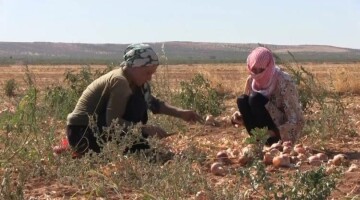
Agriculture project helps women of Afrin to earn livelihood
Displaced women of Afrin try to overcome the economic difficulties due to the embargo by producing. Women taking part in the agriculture project initiated by the Women's Economy Management on seven hectares say that they are happy to have their economic freedom as well as to produce.
-
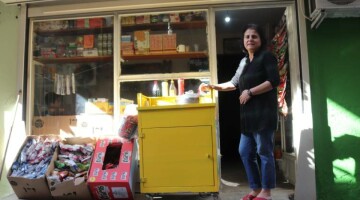
Female store owner resists economic crisis in Sur
Firar Neslihan Karadeniz, who has run a grocery store in the Sur district of Amed for 15 years, says that their sales have decreased due to the economic crisis and that they cannot make profits compared to the past. “People and artisans resist price hikes,” she said.
-
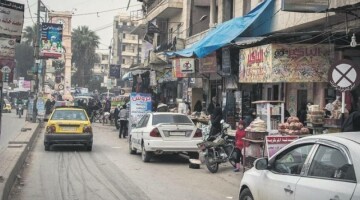
Women of Idlib struggle with poverty amid conflicts
In Syria, more than nine million citizens try to maintain their lives without meeting the nutrient requirements essential for health. The women of Idlib are now brooding about what they will eat in winter.
-
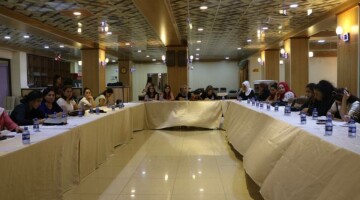
Women of NE Syria come together to discuss economic issues
Women of NE Syria discussed the reflection of the economic crisis and chaos in the world on women of the Autonomous Administration. We spoke to Derya Remezan, a member of the Women's Commission in the Cizre Region about the meeting.
-
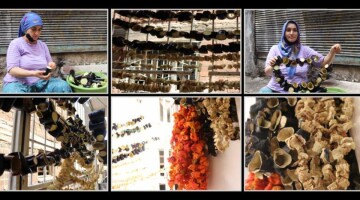
Women in Amed begin to prepare for winter
In mid-August, women in Amed begin to prepare for winter. They dry vegetables such as peppers, eggplants, okras. They hang vegetables tied together in bunches to dry them on their balcony.
-
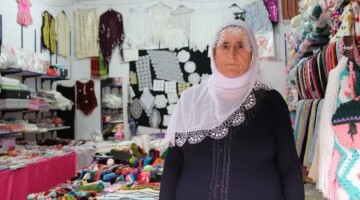
2 sisters provide employment opportunities for hundreds of women in their handicraft shop
Bedia Şimay and Bedriye Tırak are the owners of a handicraft shop located in the Sur district of Amed. Two sisters sell the crafts made by women living in provinces such as Batman, Mardin, and Siirt in their shop to earn a livelihood. “We have provided employment opportunities for hundreds of women until now,” Bedia Şimay said.
-
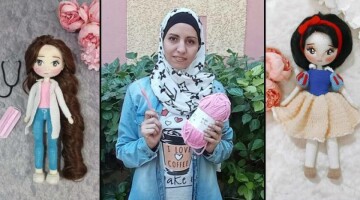
Besma holds on to life with Amigurumi
33-year-old Basma Mehmud earns a livelihood by making Amigurumi toys in Gaza. She wants to have a workshop to teach how to make Amigurumi toys and a shop to sell her toys.
-
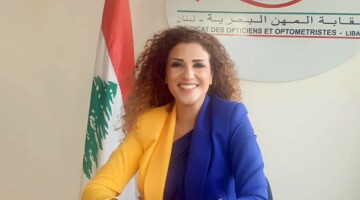
Message from Nisreen Al-Ashkar to women: “You can do anything as long as you believe in yourself”
Nisreen Al-Ashkar was the first female member of the Union of Opticians and Optometrists, which was founded in 1951. She is now the president of the union. Nisreen Al-Ashkar says women can do anything “as long as they believe in themselves.”
-
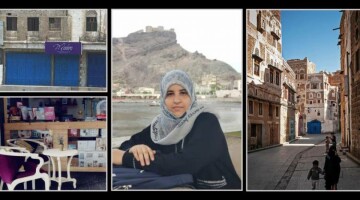
Economic crisis in Yemen causes women to leave working
Yemen has suffered from an economic crisis for 10 years and the country’s economic crisis has been worsening day by day. Many women cannot realize their projects due to the increasing prices. The women cannot earn a livelihood for their families anymore.
-
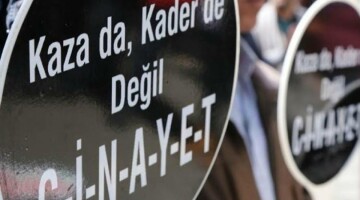
İSİG: 146 workers lost their lives in July
146 workers, including 13 female workers, lost their lives at workplaces across Turkey in July 2021, according to a report released by the Laborer Health and Occupational Safety Assembly (İSİG).
-
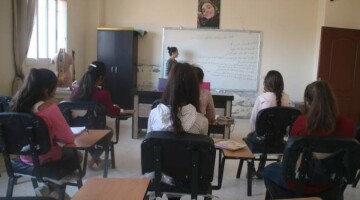
Women’s Foundation works in every part of life
Syrian Free Women's Foundation works for women in every part of life. The foundation has recently begun to work for the education of women and children.
-
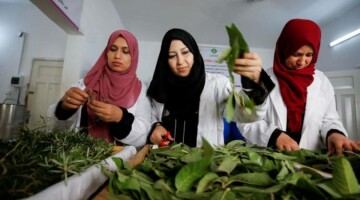
Gaza women produce cosmetics from herbs
A team of Gaza women has produced cosmetics and beauty products from local herbs. They have produced many products such as shampoo and moisturizer in a factory in Gaza to sell in stores and pharmacies.
-
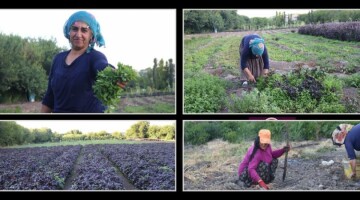
Harvest time for women in Hevsel Gardens
Harvest of vegetables growing in Hevsel Gardens, which became a World Heritage Site in 2015 started. Women have harvested vegetables such as basil, tomato, mint, and lettuce. They have worked until the evening to prepare the vegetables for sale.
-
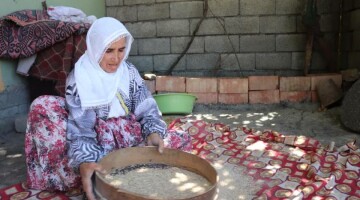
She grinds wheat while singing songs
Zeynep Akıl, who preserved the stone mill inherited from her grandmother, spends the winter with the bulgur she mills in summer at the mill. She now teaches her grandchildren how to mill the wheat at the mill.
-
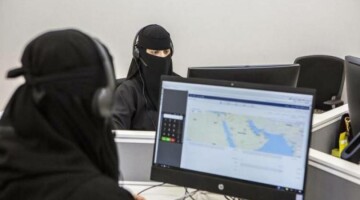
Female unemployment rate falls to 21.2 in Saudi Arabia
The unemployment rate in Saudi Arabia decreased to 11.7% in the first quarter compared to 12.6% in the fourth quarter according to data from the General Authority for Statistics. In the first quarter, male unemployment increased slightly to 7.2%, while among women the rate fell to 21.2%.
-
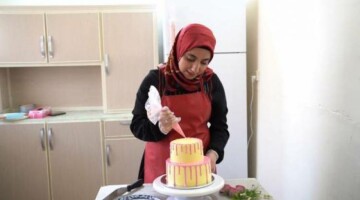
Meryem Kerim turns her kitchen into patisserie
In Kurdistan Region, women’s participation in the labor force is less than 11 percent. Even if women are university graduates, they have difficulties finding a job so they try to find a way to economically stand on their own legs. Meryem Kerim, who has a bachelor's degree, is one of these women.
-
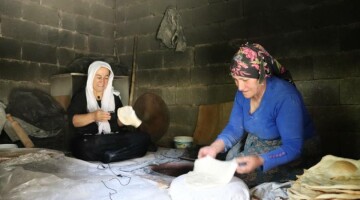
Women bake bread in underground tandoors in Gever
Women of Gever bake lavash (thin bread) in underground tandoors to keep this tradition alive. The women spend hours baking lavash.
-
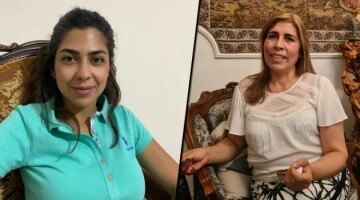
Women win victory in Lebanese Engineers Union election
Women continue to struggle in every part of working life. In Lebanon, engineer women struggled against the patriarchal mentality and won a great victory in the Engineers' Union elections, which had been postponed six times. “There will not be favoritism, sexist attitudes, and corruption in our union anymore,” engineer Maryam Nammour said, “As unionized women, we will carry the light we found everywhere we go.”
-
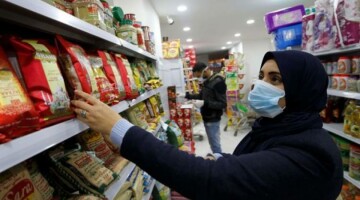
Economic crisis deepened in Gaza: Blockade causes humanitarian disaster
15-year-old Gaza blockage continues to negatively affect the region, with a population of more than 2 million. The average unemployment rate is about 50 percent, according to the UN, even working people can no longer make a living due to economic crisis. The ongoing land, air, and sea blockade of the Gaza Strip has affected mostly women and children. The ongoing economic crisis has deepened due to the coronavirus pandemic.
-
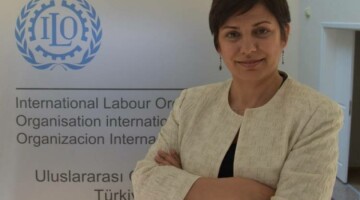
“Turkey should ratify and effectively implement ILO C190”
International Labour Organization (ILO) Convention No.190, the first international treaty to recognize the right of everyone to a world of work free from violence and harassment, including gender-based violence and harassment, came into force on 25 June 2021. Ebru Özberk Anlı, ILO’s Senior Programme Officer in Turkey, talked about why Turkey should ratify the convention.
